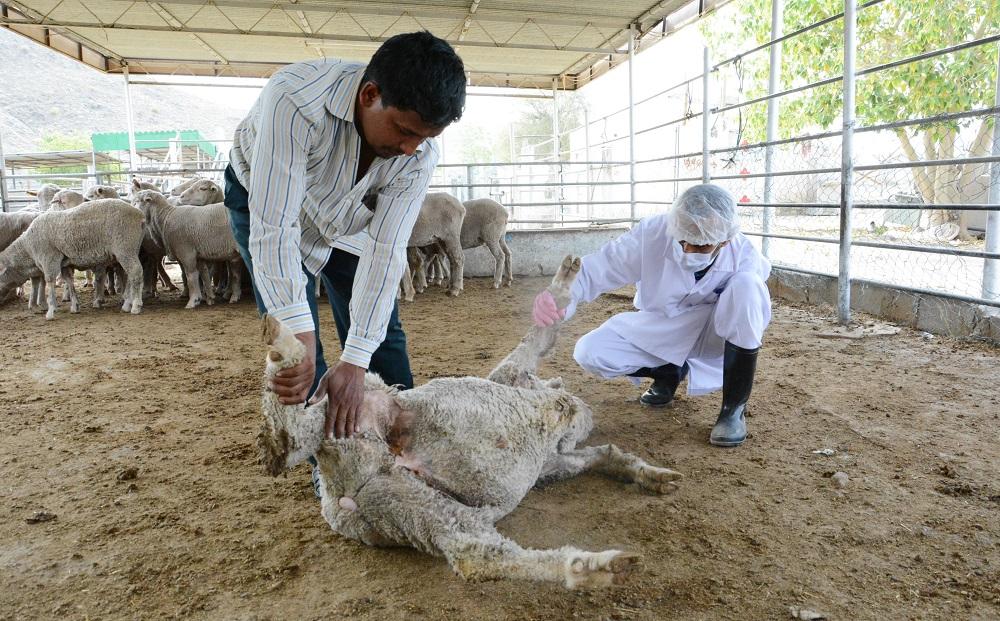
Muscat: An expatriate of Asian nationality died recently after he was afflicted with Crimean-Congo haemorrhagic fever (CCHF) in the wilaiyat of Ibra in Al Sharqiyah, a senior official at Ibra Municipality told the Times of Oman.
The Ministry of Agriculture and Fisheries, in coordination with the Ministry of Regional Municipalities and Water Resources, closed the livestock farm as it has been quarantined. Precautionary measures have been taken to protect people in the area, said Badr Al Barashdi, Deputy Director of Heath Affairs Directorate in Ibra Municipality.
“The expat who died was a butcher in one of the livestock farms, owned by his father, and died as a result of the Crimean-Congo haemorrhagic fever. It is a solitary case and we are checking if the disease has spread to other animals or people,” said
Al Barashdi.
He added that precautionary measures have been taken to protect people in the area. The statement also added that they suspect that the victim contracted the disease from an infected livestock.
“The farm is closed now and samples were taken from the livestock to check the possibility of the Crimean-Congo Haemorrhagic Fever virus spreading,” said Al Barashdi.
The Times of Oman also spoke to Ahmed Al Barwani, a member of the Majlis Al Shura who represents Ibra, who said the concerned authorities had promised to come out with a statement to inform the public about the incident and also spread awareness among them.
Dr. Ahmed bin Nasser Al Bakri, Undersecretary of the Ministry of Agriculture and Fisheries for Agriculture explained that CCHF is an endemic disease in the Sultanate as the first time it was diagnosed in the Sultanate was in the 90s, in addition to its spread in the neighbouring countries during the same period.
He confirmed that the ministry was prepared to intervene when suspecting any infected case. He also affirmed that the ministry continues to take the necessary precautionary measures to protect citizens and residents against potential transmission of the disease to people.
Crimean-Congo haemorrhagic fever is a tick-borne viral disease that is endemic to Africa, the Balkans, the Middle East and Asia.
Earlier, a top official of the World Health Organisation (WHO) in Oman said there was an urgent need for formulating a comprehensive prevention and control strategy for Congo fever in the region in view of the increasing incidents of the disease.
“The CCHF is the most widespread tick-borne viral infection, and one of the rapidly emerging viral haemorrhagic fevers in humans, occurring across many countries in the Eastern Mediterranean Region,” Dr. Abdullah Al Sa’edi, the WHO representative in Oman, said.
“Sporadic human cases and outbreaks of CCHF have been reported from Afghanistan, Iran, Iraq, Kuwait, Oman, Pakistan, Saudi Arabia, Sudan and the United Arab Emirates,” Dr. Abdullah noted.
“The situation is particularly alarming in Pakistan, where CCHF has been steadily increasing, from 62 cases in 2012 to 154 cases in 2014, with the fatality rate ranging from 20 to 30 per cent,” the official added.